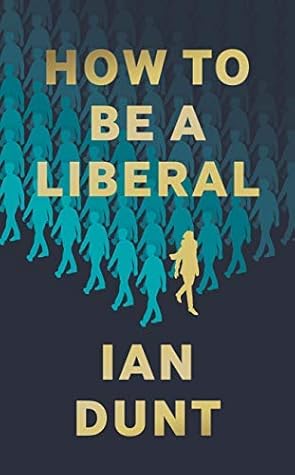Mill envisaged a much more fundamentally equal society, involving a ‘well-paid and affluent body of labourers; no enormous fortunes, except what were earned and accumulated during a single lifetime; but a much larger body of persons than at present, not only exempt from the coarser toils, but with sufficient leisure, both physical and mental, to cultivate freely the graces of life.’ He was rejecting the easy laissez-faire dismissal of economic arguments, the wave of the hand that discarded the real lived experiences of human beings in favour of an assertion that in all times, at all places,
Mill envisaged a much more fundamentally equal society, involving a ‘well-paid and affluent body of labourers; no enormous fortunes, except what were earned and accumulated during a single lifetime; but a much larger body of persons than at present, not only exempt from the coarser toils, but with sufficient leisure, both physical and mental, to cultivate freely the graces of life.’ He was rejecting the easy laissez-faire dismissal of economic arguments, the wave of the hand that discarded the real lived experiences of human beings in favour of an assertion that in all times, at all places, society would be worsened by state interference. Instead, he was bedding his analysis in the third role of the state Smith outlined in the Wealth of Nations: the maintenance of ‘public works and certain public institutions.’ These were areas where the market failed and state action was needed. This duty was often ignored by the laissez-faire liberals who followed Smith, with the state reduced to just external defence and internal justice. But Mill fixed pointedly on it and expanded it. Like Smith he recognised the need for public provision of schooling for everyone. And like Smith he thought that public necessities like roads and canals might also require government assistance, but he updated this principle for the industrial age. Numerous public works were best done by local government, or under its oversight. This included natural monopolies such as gas and water, where, ‘though perfe...
...more
This highlight has been truncated due to consecutive passage length restrictions.


